NATO’s “Weapons for Peace” Program and Russia’s Diplomatic Demarche
Karen DeYoung reported for the Washington Post Thursday that Russia sent a formal diplomatic note to the United States on Tuesday, accusing Washington and its NATO clients of insidiously subverting peace process with Ukraine initiated at the Istanbul talks on March 29, and the subsequent withdrawal of Russian forces from the outskirts of Kyiv, Chernihiv and Sumy, thus ending the month-long offensive in Ukraine.
The document, titled “On Russia’s concerns in the context of massive supplies of weapons and military equipment to the Kiev regime,” was forwarded to the State Department by the Russian Embassy in Washington, in which Russia accused NATO of trying to “pressure Ukraine to abandon peace negotiations with Russia in order to continue the bloodshed.”
Moscow also warned Washington that US and NATO shipments of the “most sensitive” weapons systems to Ukraine were “adding fuel” to the conflict and could bring “unpredictable consequences.” Russia experts suggested Moscow, which had labeled weapons convoys coming into the country as legitimate military targets but had not thus far attacked them, might be preparing to do so.
“They have targeted supply depots in Ukraine itself, where some of these supplies have been stored,” George Beebe, former director of Russia analysis at the CIA and Russia adviser to former vice president Dick Cheney, told the news outlet. “The real question is do they go beyond attempting to target the weapons on Ukrainian territory, try to hit the supply convoys themselves and perhaps the NATO countries on the Ukrainian periphery” that serve as transfer points for the US supplies.
If Russian forces stumble in the next phase of the war as they did in the first, “then I think the chances that Russia targets NATO supplies on NATO territory go up considerably,” Beebe said. “There has been an assumption on the part of a lot of us in the West that we could supply the Ukrainians really without limits and not bear significant risk of retaliation from Russia,” he said. “I think the Russians want to send a message here that that’s not true.”
Among the items Russia identified as “most sensitive” were “multiple-launch rocket systems,” such as Slovakia’s illicit deal with NATO for transferring its Soviet-era S-300 air defense system to Ukraine in return for the transatlantic military alliance delivering four Patriot missile systems to Slovakia, and the Soviet-era Strela-10, SA-8, SA-10, SA-12, SA-13 and SA-14 mobile air defense systems, with range higher than Stingers and having capability to hit cruise missiles, and myriads of other advanced multiple rocket launchers, that NATO covertly provided to Ukraine.
The Czech Republic had delivered tanks, multiple rocket launchers, howitzers and infantry fighting vehicles to Ukraine among military shipments that had reached hundreds of millions of dollars and would continue, two Czech defense sources confided to Reuters.
Defense sources confirmed a shipment of five T-72 tanks and five BVP-1, or BMP-1, infantry fighting vehicles seen on rail cars in photographs on Twitter and video footage last week. “For several weeks, we have been supplying heavy ground equipment – I am saying it generally but by definition it is clear that this includes tanks, infantry fighting vehicles, howitzers and multiple rocket launchers,” a senior defense official said.
“What has gone from the Czech Republic is in the hundreds of millions of dollars.” The senior defense official said the Czechs were also supplying “a range of anti-aircraft weaponry.” Independent defense analyst Lukas Visingr said “short-range air-defense systems Strela-10, or SA-13 Gopher in NATO terminology, had been spotted on a train apparently bound for Ukraine.”
Russia accused the Western powers of violating “rigorous principles” governing the transfer of weapons to conflict zones, and of being oblivious to “the threat of high-precision weapons falling into the hands of radical nationalists, extremists and bandit forces in Ukraine.”
Washington, the diplomatic demarche said, was pressuring other countries to stop any military and technical cooperation with Russia, and those with Soviet-era weapons to transfer them to Ukraine. “We call on the United States and its allies to stop the irresponsible militarization of Ukraine, which implies unpredictable consequences for regional and international security,” the note added.
Russia’s “paranoid attitude” accusing Washington and its NATO clients of scuttling peace process with Ukraine and orchestrating a proxy war on Russia’s vulnerable western flank by funding, training, arming and internationally legitimizing Ukraine’s ultra-nationalist militias in order to destabilize and provoke Russia aside, in the spirit of apparent “reconciliation and multilateralism” defining the Biden administration’s approach to conducting international diplomacy, US Secretary of State Antony Blinken handed over the “power of attorney” to the Ukrainian leadership to reach a negotiated settlement with Russia without any pressure, whatsoever, from Washington to escalate hostilities with its arch-rival.
On April 3, confirming in an NBC News interview that Ukrainian President Zelensky had Washington’s full confidence to reach a peaceful settlement with Russia, Blinken, while assuming the air of “magnanimity and rapprochement,” revealed that President Joe Biden’s administration would support whatever the Ukrainian people wanted to do to bring the war to an end.
“We’ll be looking to see what Ukraine is doing and what it wants to do,” Blinken said. “And if it concludes that it can bring this war to an end, stop the death and destruction and continue to assert its independence and its sovereignty – and ultimately that requires the lifting of sanctions – of course, we will allow that.”
Blinken argued with overtones of diplomatic sophistry that although Putin had allegedly “failed to accomplish his objectives” in Ukraine – “subjugating Kyiv, demonstrating Russia’s military prowess and dividing NATO members” – he said it still made sense to pursue a negotiated settlement.
“Even though he’s been set back, even though I believe this is already a strategic defeat for Vladimir Putin, the death and destruction that he’s wreaking every single day in Ukraine … are terrible, and so there’s also a strong interest in bringing those to an end.”
Lending credence to ostensible “American neutrality” and “hands-off approach” to the Ukraine conflict, the Wall Street Journal published a misleading report on April 1 that German chancellor Olaf Scholz had offered Volodymyr Zelensky a chance for peace days before the launch of the Russian military offensive, but the Ukrainian president turned it down.
The newly elected German chancellor told Zelensky in Munich on February 19 “that Ukraine should renounce its NATO aspirations and declare neutrality as part of a wider European security deal between the West and Russia,” the Journal revealed. The newspaper also claimed that “the pact would be signed by Mr. Putin and Mr. Biden, who would jointly guarantee Ukraine’s security.”
However, Zelensky rejected the offer to make the concession and avoid confrontation, saying that “Russian President Vladimir Putin couldn’t be trusted to uphold such an agreement and that most Ukrainians wanted to join NATO.”
While making the preposterous allegation that the hapless Ukrainian leadership vetoed NATO’s “flexible and conciliatory approach” to peacefully settle the dispute in order to absolve the transatlantic military alliance for its confrontational approach to Russia since the inception in 1949, the Journal report conveniently overlooked the crucial fact that last November, the US and Ukraine signed a Charter on Strategic Partnership.
The agreement unequivocally confirmed “Ukraine’s aspirations for joining NATO” and “rejected the Crimean decision to re-unify with Russia” following the 2014 Maidan coup. Then in December, Russia, in the last-ditch effort to peacefully resolve the dispute, proposed a peace treaty with the US and NATO.
The central Russian proposal was a written agreement assuring that Ukraine would not join the NATO military alliance and, in return, Russia would drawdown its troop buildup along Ukraine’s borders. When the proposed treaty was contemptuously rebuffed by Washington, it appeared the die was cast for Russia’s inevitable invasion of Ukraine.
Following the announcement of drawdown of Russian forces in Ukraine, specifically scaling back Russian offensive north of the capital, by the Russian delegation at the Istanbul peace initiative on March 29, the Ukrainian delegation, among other provisions, demanded “security guarantees in terms similar to Article 5 of the NATO charter,” the collective defense clause of the transatlantic military alliance.
CNN reported on April 1 that Western officials were taken aback by “the surprising Ukrainian proposal.” “We are in constant discussion with Ukrainians about ways that we can help ensure that they are sovereign and secure,” White House communications director Kate Bedingfield said. “But there is nothing specific about security guarantees that I can speak to at this time.”
“Ukraine is not a NATO member,” Deputy Prime Minister Dominic Raab told the BBC when asked whether the UK is prepared to become a guarantor of Ukrainian independence. “We’re not going to engage Russia in direct military confrontation,” he added.
While noting that Russian peace negotiations were “nothing more than a smokescreen,” Western diplomats contended that an Article 5-type commitment to Ukraine was unlikely given that the US and many of its allies, including the UK, were not willing to put their troops in direct confrontation with Russian forces. The theory that Russia would not attack Ukraine if it had Western security guarantees appears to still be a bigger risk than the US and its allies are willing to take.
As a way for Russia to “save face in the negotiations,” the Ukrainians even went to the extent of suggesting that any such security guarantees would not apply to the separatist territories in the Donbas region in eastern Ukraine. However, a number of US and Western officials have taken a skeptical approach to potential security guarantees, with many saying it is still premature to discuss any contingencies as the negotiations proceed.
Contradicting the misleading reports hailing Ukraine’s political and military leadership as purported “masters of their own destinies,” President Joe Biden told the EU leaders at a summit last month in Brussels that “any notion that we are going to be out of this in a month is wrong”, and that the EU and NATO needed to prepare for “a long-term pressure campaign against Russia.”
US and European officials voiced skepticism over Russia’s “sincerity and commitment” towards the peace talks, underlining that only a full ceasefire, troop withdrawal and return of captured territory to Ukraine would be enough to trigger discussions over lifting sanctions on Russia’s economy.
“The notion that you would reward Putin for occupying territory doesn’t make sense … it would be very, very difficult to countenance” a senior EU official told the Financial Times. “There’s a disconnect between these negotiations, what really happens on the ground, and the total cynicism of Russia. I think we need to give them a reality check,” the official added.
Western countries were discussing both “enforcement of existing sanctions” and drawing up “potential additional measures” to increase pressure on Russian president Vladimir Putin, senior EU and US officials told the British newspaper. They were not discussing a possible timeframe for easing sanctions, they said.
Advising Ukrainians to hold out instead of rushing for securing peace deal with Russia, the Sunday Times reported, senior British officials were urging Ukrainian President Volodymyr Zelenskyy to instruct his negotiators to refuse to make concessions during peace negotiations with Russian counterparts.
A senior government source said there were concerns that allies were “over-eager” to secure an early peace deal, adding that a settlement should be reached only when Ukraine is in the strongest possible position.
In a phone call and subsequently during a surprise visit to Kyiv, Boris Johnson warned President Zelensky that President Putin was a “liar and a bully” who would use talks to “wear you down and force you to make concessions.” The British prime minister also told MPs it was “certainly inconceivable that any sanctions could be taken off simply because there is a ceasefire.” London was making sure there was “no backsliding on sanctions by any of our friends and partners around the world,” he added.
Considering the backdrop of the Russo-Ukraine War that was deliberately orchestrated by NATO powers to insidiously destabilize and internationally isolate Russia, it stretches credulity that the powerless Ukrainian leadership “wields veto power” over NATO’s policy to reach a negotiated settlement with Russia.
Are readers gullible enough to assume the Ukrainian proposals for a peace treaty with Russia were put forth without prior consultation with NATO patrons and the latter cannot exercise enough leverage to compellingly persuade the impervious Ukrainian leadership to reach a peaceful settlement with Russia?
In conclusion, it’s obvious the credulous Ukrainian leadership’s insistence on seeking the EU membership amidst the war and demanding security guarantees in terms similar to Article 5 of the NATO charter instead of imploring for immediate ceasefire to save Ukrainian lives were clearly the deal-breaker stipulations that were deliberately inserted in the draft of Ukrainian proposals by perfidious NATO advisers to the naïve Ukrainian politicians in order to sabotage the peace negotiations with Russia.





 © Reuters/Daniel Becerril FILE PHOTO: The logo of Mexican oil company Pemex is pictured at Reynosa refinery, in Tamaulipas state
© Reuters/Daniel Becerril FILE PHOTO: The logo of Mexican oil company Pemex is pictured at Reynosa refinery, in Tamaulipas state
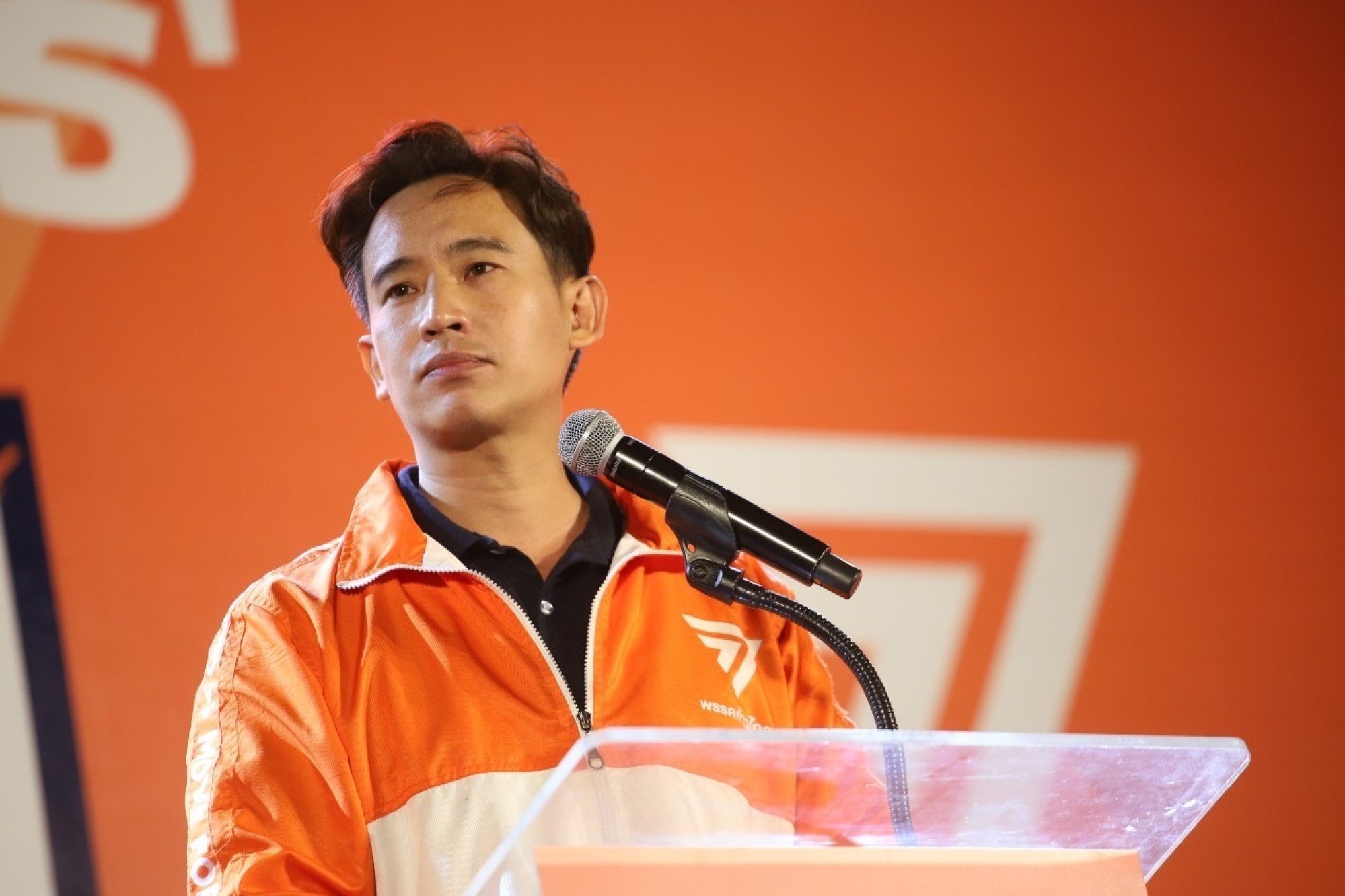
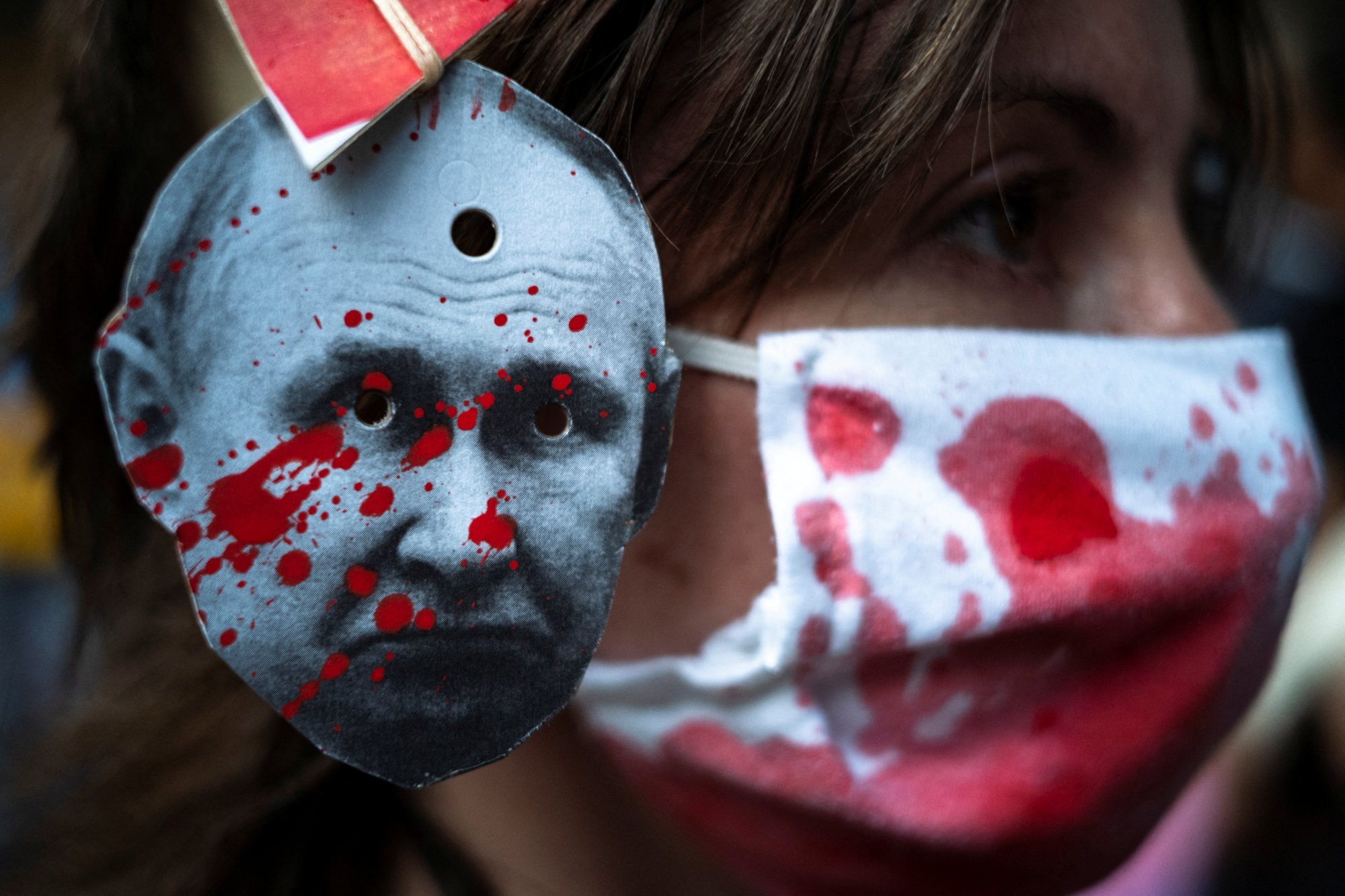





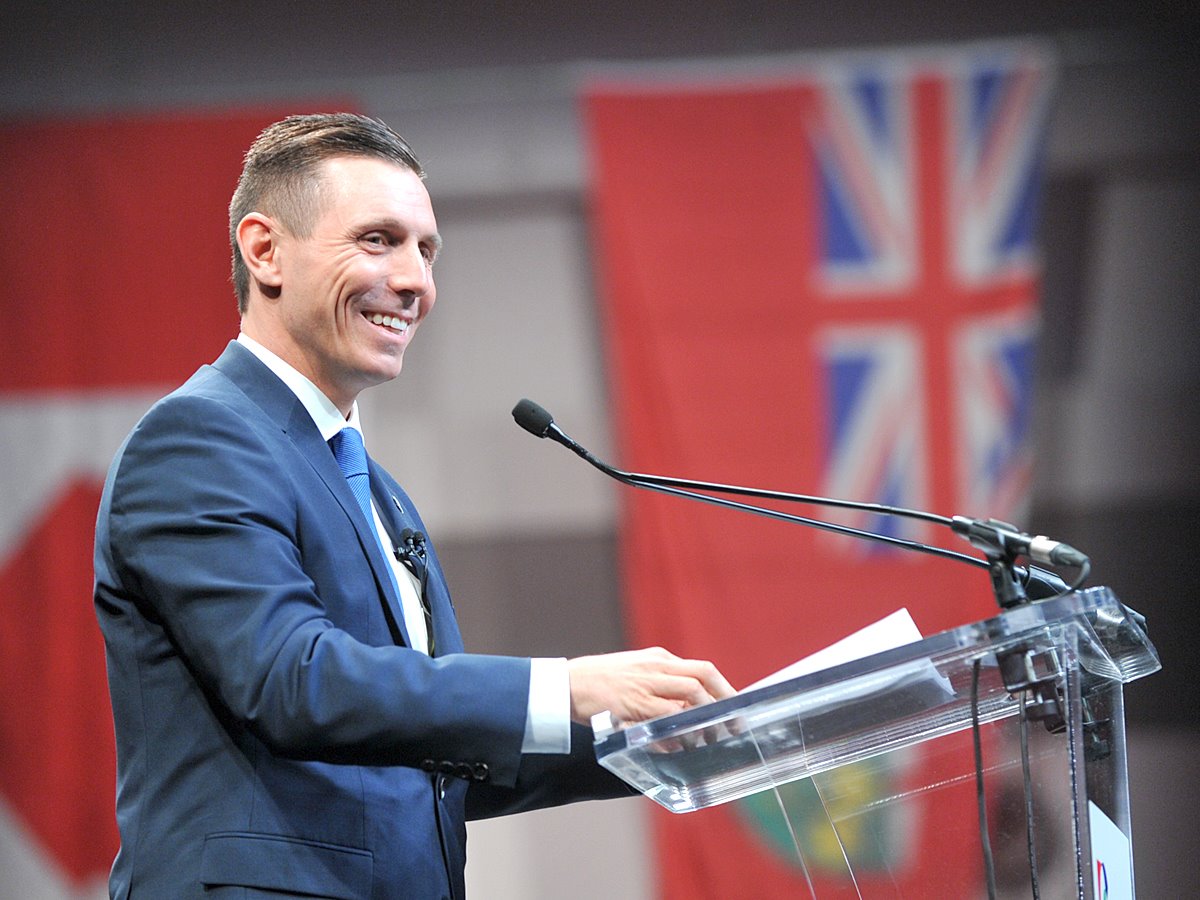

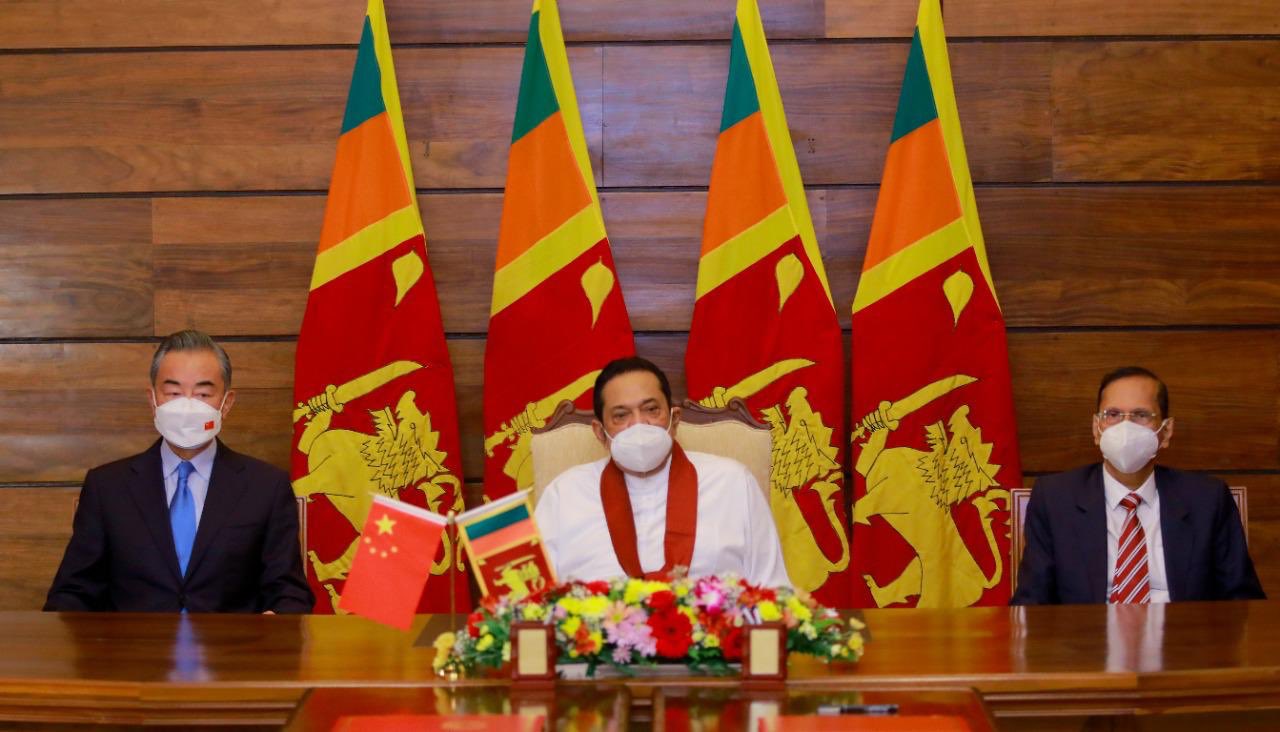
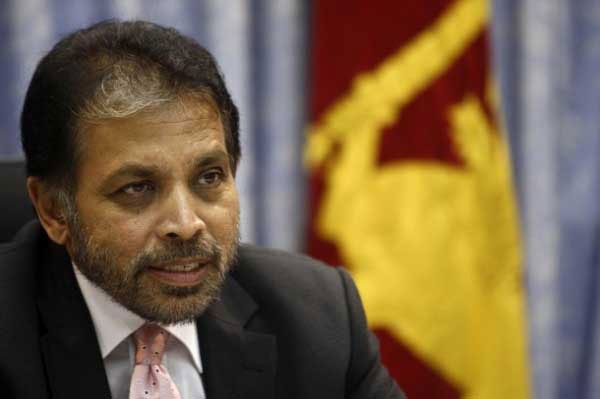
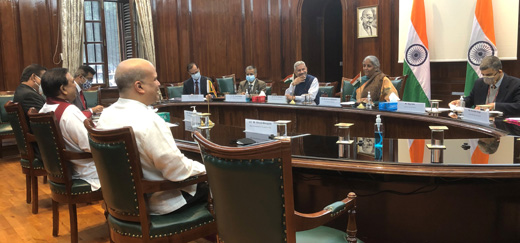
.jpg)
